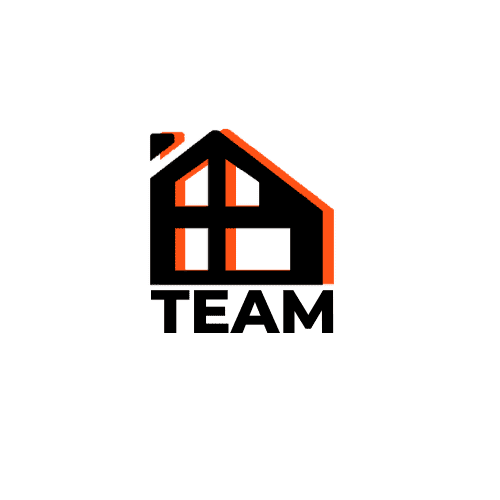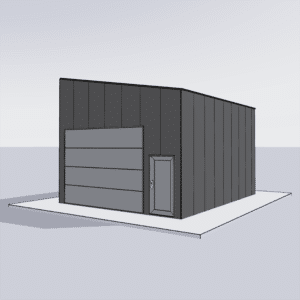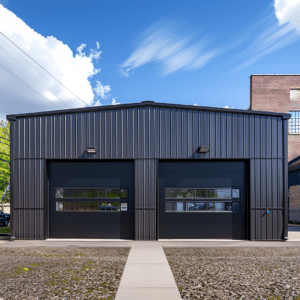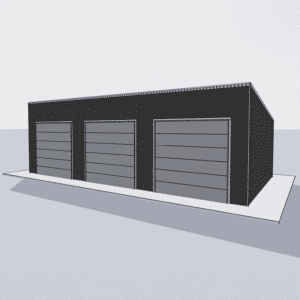When it comes to buying a home, there are several steps a prospective buyer must check off their list. One of the most important, yet often overlooked tasks, is conducting a home inspection. Why is a home inspection so crucial, you ask? Would you purchase a car without looking under the hood or taking it for a spin? Likewise, a home inspection for buyers is your opportunity to “look under the hood” and ensure everything is as promised. It’s not just about dollars and square footage—it’s about securing your future, peace of mind, and a safe place to call home.
Understanding the Importance of Home Inspection
To the untrained eye, a house might seem like the paragon of residential construction. Yet, beneath its apparently stable surface, a myriad of issues may lurk, ready to pounce once the ink dries on your mortgage. A thorough home inspection can help pinpoint potential concerns, from structural integrity to plumbing and electrical systems, before you invest your hard-earned money.
Think of it as hiring a detective to uncover secrets that even the best real estate photographs on Zillow might not reveal. When done right, a home inspection acts as a shield, safeguarding you against future unfounded expenses and heartache.
Essential Components of a Home Inspection
A home inspection for buyers is a holistic assessment of the property’s current state. Here are some critical components:
– **Structural Components:** Walls, ceilings, floors, and roof conditions.
– **Exterior Evaluation:** Paint, sidings, soffits, and fascia.
– **Roofing System:** Shingles, flashings, and chimney.
– **Plumbing and Electrical Systems:** Wiring, breakers, outlets, fixtures, pipes, and drains.
– **Heating, Ventilation, and Air Conditioning Systems (HVAC):** Operational efficiency and age.
– **Interior Elements:** Doors, windows, and staircases.
– **Insulation and Ventilation:** Efficiency in attic and crawlspaces.
Why would you buy a vehicle with a busted engine, or a clunker of a frame? Similarly, you wouldn’t opt for a home filled with hidden surprises that could disrupt your peace and rack up repair bills. This is where working with Your Building Team can assist, ensuring that expert eyes evaluate every nook and cranny.
Why Hire a Professional House Inspector?
The benefits of hiring pros are evident. A certified home inspector carries expertise similar to how residential construction experts understand building comprehensively. They provide an unbiased, detailed assessment.
Professional inspectors will often employ specialized tools, expertise, and techniques to evaluate conditions you might not recognize. They help demystify what truly constitutes a good buy versus a future money pit.
Pre-Inspection Preparations You Can Undertake
Although home inspectors are thorough, it’s beneficial to do a quick walk-around yourself beforehand. Here are some preparation tips:
– **Review the Listing Critically:** Go beyond the glossy photos and note noteworthy claims.
– **Check for Visible Damage:** Examine doors, windows, and look for water stains.
– **Survey Property History:** See if previous work compensated for any damages or updates.
– **Question Repairs:** Always ask who conducted past repairs. Was it a licensed professional?
Taking small preparatory steps can provide immense reassurance.

Negotiating Repair Terms
Once the inspection is complete and you’ve got the report in hand, what comes next? Negotiation! The findings provide a bargaining chip that can save you thousands or give you leverage. Repairs aren’t absolute; however, it’s essential to decide which ones are potential deal-breakers.
– **Crucial Repairs:** These are structural, HVAC, or critical system issues.
– **Cosmetic Updates:** While important, save these for post-purchase renovation plans.
– **Negotiation Leverage:** A thorough report can allow buyers to ask for lower prices or insist on necessary repairs before closing.
It’s a bit like dealing with construction delays ; understanding your ability to negotiate is crucial to decision-making.
Beyond the Inspection—The Final Steps
You’ve crossed the inspection off your due diligence checklist. What’s next? Moving forward with the knowledge that your decision is grounded in sound judgment. If buying in heavy industrial areas, like considering metal building systems Ontario, ensure compliance with zoning laws and environmental factors.
Remember, cases of regret are often lesser with meticulous planning and understanding boundaries of what repair budgets and potential ROIs you can accommodate.
Conclusion
In the grand scheme of purchasing a home, a comprehensive home inspection for buyers bridges the imagination with reality. Beyond being a safety net, it serves as a roadmap for the maintenance and enhancements your new home may require. Quality assurance in your purchase means being informed, calm, and confident enough to turn a house into a cherished home.
So, channel your inner detective, embrace the unknown, and place trust in expert eyes. Your future home’s security, comfort, and livability rely on it. Remember, excellence starts with informed choices; you, the discerning homebuyer, possess the power to make those choices wisely.










